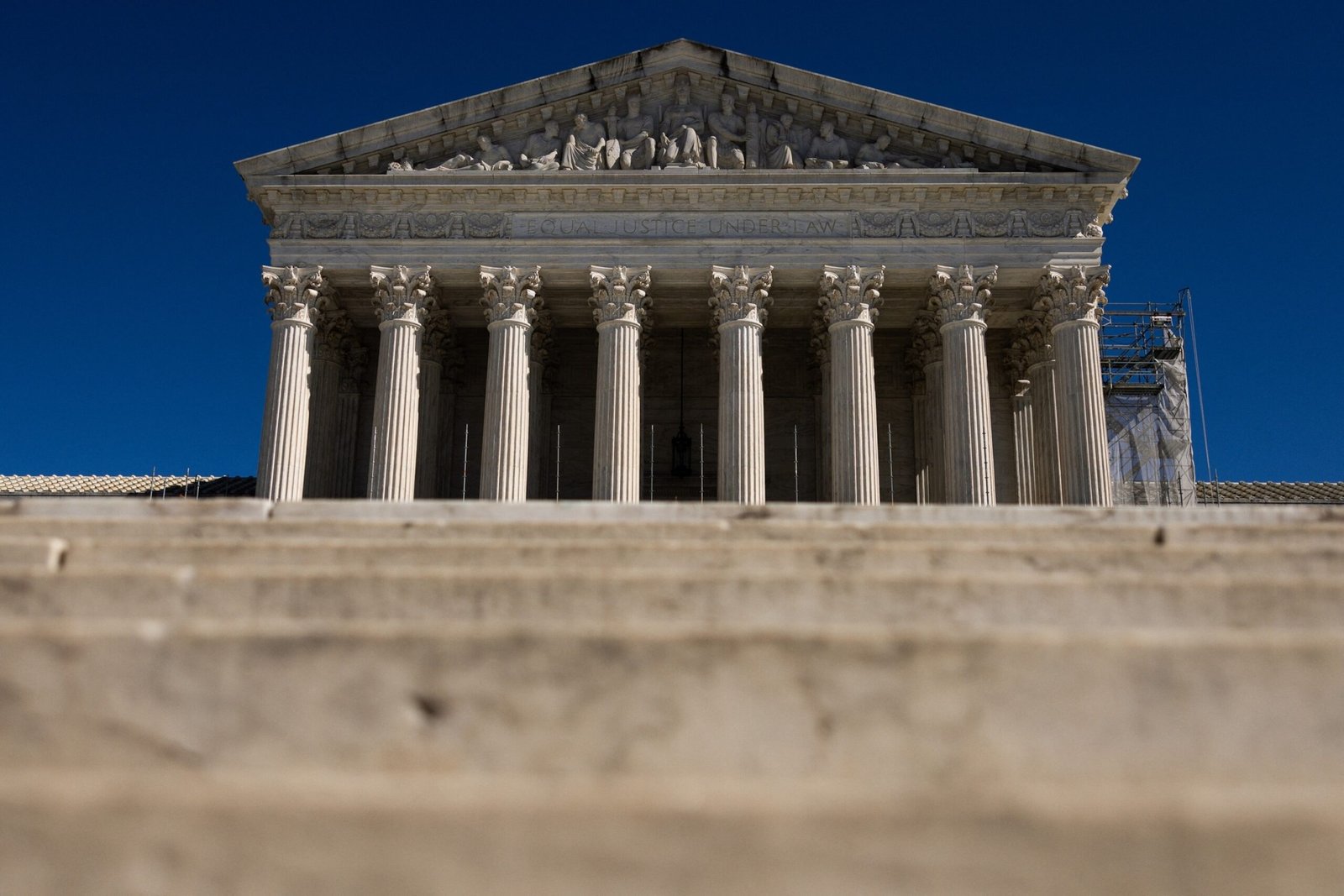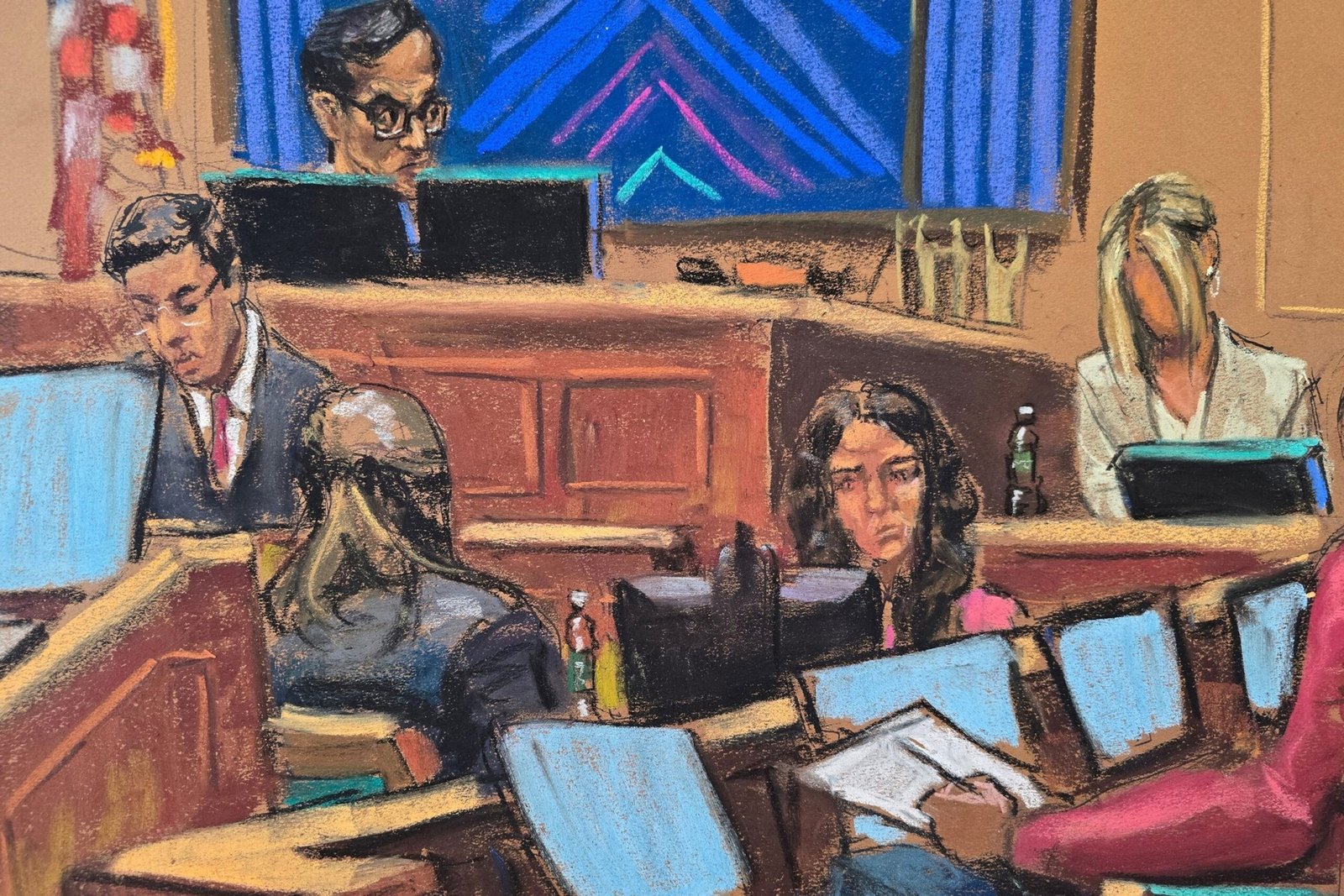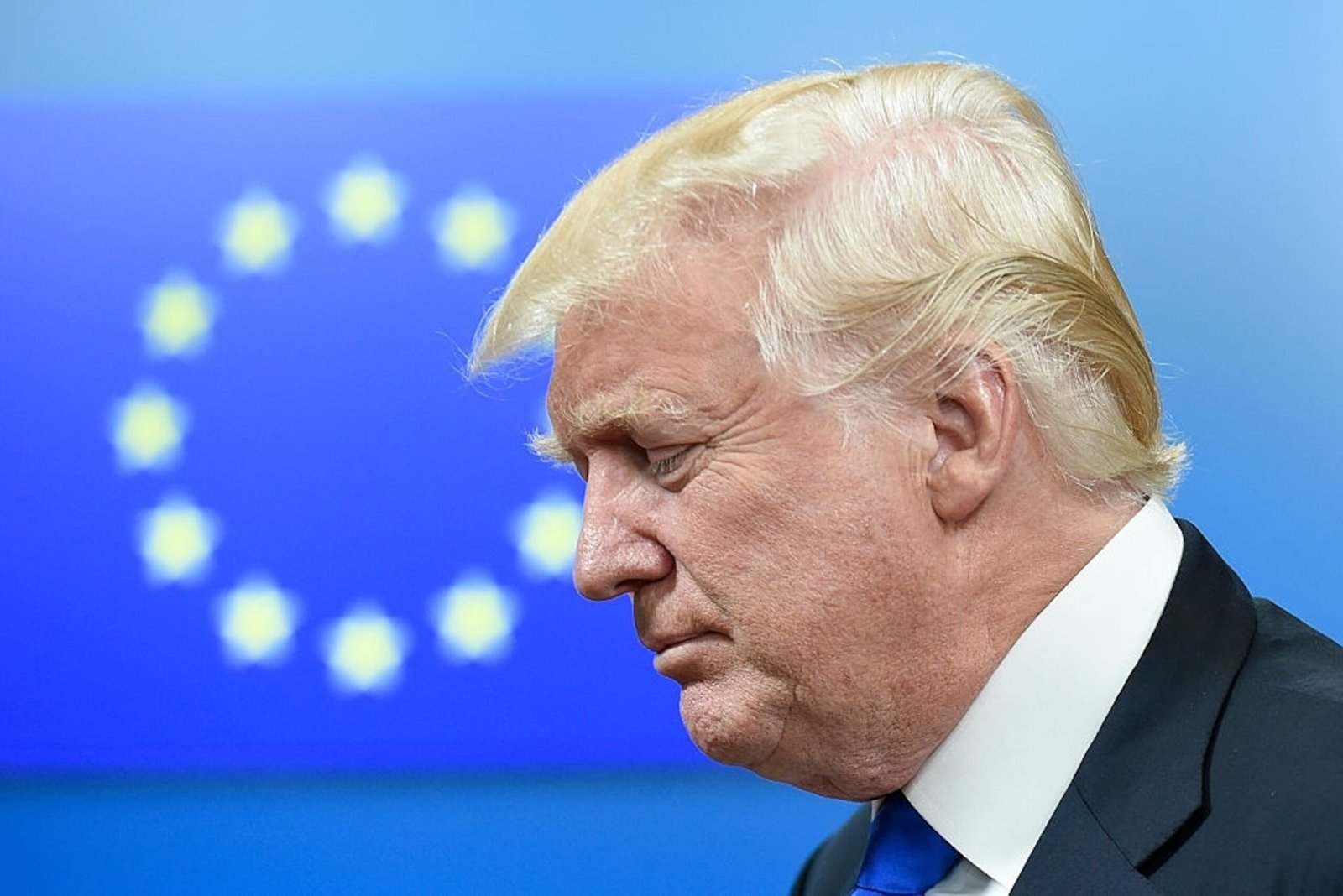The Supreme Court seems inclined to allow the first school of the religious letter funded by taxpayers

The conservative majority of the United States Supreme Court seemed ready to clear the way for the creation of the first religious autonomous school of the Nation financed directly with taxpayers dollars.
The judges heard arguments in a historic dispute of Oklahoma, where the Supreme Court of the State blocked the Catholic Church last year to receive a Charter school contract for reasonsing the state and federal constitutional prohibitions in sectarian education sponsored by the Government.
A decision that cancels the State Superior Court would have domain effects throughout the country, especially in the 45 states that house 8,000 Charter schools that serve more than 3.8 million children.
The Republican Attorney General of the State argues that autonomous schools are public schools, open to all and are subject to close supervision, and, as such, operate as extensions of state government subject to the beginning of separation of the Church and the State.

The Supreme Court is seen in Washington, on March 2, 2025.
Tierney L Cross/AFP through Getty Images
The lawyers of the possible school, St. Isidoro of the Virtual Catholic School of Seville, insist that it is created and controlled privately and that excluding it from the financing of the generally available Autonomous School is religious discrimination.
For more than two hours, the judges discussed the application of the competitors’ religion clauses of the first amendment to the case, weighing their prohibition of the state establishment of religion and its protection of the free exercise of religious faith.
The three liberal members of the court were united in the opinion that autonomous schools are public institutions par excellence that cannot advance in a specific ideology using taxpayers funds.
“The essence of the establishment clause was that we are not going to pay religious leaders to teach their religion,” Judge Sonia Sotomayor said.
Judge Elena Kagan said that Oklahoma’s law that creates a Charter school program explicitly says that they must be non -religious.
“These are state institutions,” Kagan said. “With respect to a wide variety of things, the State is directing these schools and insisting on certain requirements.”
The conservatives suggested that they had a fundamentally different vision of the autonomous schools, as contractors for a public service instead of a government arm.
“The argument that St. Isidore and the Board have done is that it is a private entity that participates in a state program,” said Judge Clarence Thomas. “It was not created by the state program.”
Judge Brett Kavanaugh expressed his concern that a decision against St. Isidore for first amendment reasons could question other government contracts with religiously affiliated organizations.
“I think that a concern here is that the elderly or the food banks religiously operated or the agency care agencies or the adoption agencies or the shelters for homeless people, many of whom obtain substantial funds from the government, would potentially become state actors and, therefore, could not exercise their religion,” Kavanaugh said.
A series of recent decisions of the Supreme Court has supported the idea that public benefits programs financed by taxpayers, from school coupons to state scholarships, must be equally available, even if a person or organization has a religious affiliation.
Many of the judges said these precedents apply to the case of Oklahoma.
Kavanaugh emphasized that religious Charter schools would provide families with “options” but not limit students to a religious education.
“A student in Oklahoma is free to choose a public school, right?
“That’s right,” said Gregory Garre, the lawyer who represents the State.
Judge Neil Gorsuch suggested that individual states opposed to religiously affiliated autonomous schools could adapt their laws to avoid that, and potentially reduce the independence of a letter.
“I imagine that some states could respond to a decision in their favor by imposing more requirements on Charter schools,” Gorsuch told lawyer James Campbell who represents the plaintiffs.
The president of the Supreme Court, John Roberts, raised critical issues from both parties. At one point, Roberts said that an Autonomous School of San Isidoro would represent a surprising “integral participation” between the Church and the State. Later, he compared the relationship with Catholic Charities’ contract with the city of Philadelphia to provide adoption services; A 2021 Superior Court decision said that the city could not exclude the religious agency from the parenting care program.
“How is that different from what we have here?” Roberts asked Oklahoma Gregory Garre’s lawyer. “You have an education program and you don’t want to allow them to participate with a religious entity.”
Judge Amy Coney Barrett withdrew from the case last year, but did not explain her decision. The veterans observers of the Court have noticed their narrow links with the University of Notre Dame and the personal relationships with the law professors there that are involved in the case.
Its absence creates the possibility of a 4-4 court blocked, in which case the ruling of the Supreme Court of the State of Oklahoma would be maintained. Roberts is widely seen as the decisive vote.
“Today’s oral arguments made it clear that states should not treat religious people and institutions as second -class citizens,” said Carrie Severino, former employee of Judge Clarence Thomas and president of JCN, a conservative legal defense group. “I hope the Court will follow the precedent and allow St. Isidore to offer educational option for Oklahoma students.”
The opponents of the religious Charter schools said that they feared that an important decision is on the horizon and that they could be a transformative.
“If today’s arguments are an indication, the Supreme Court may be about to abandon one of the principles of our democracy,” said Reverend Dr. Shannon Fleck, executive director of Faithful America, a left -wing Christian defense group. “Let’s be clear, this was always a case of proof, and today, the constitutional protections that have kept true religious freedom for generations are at risk.”







